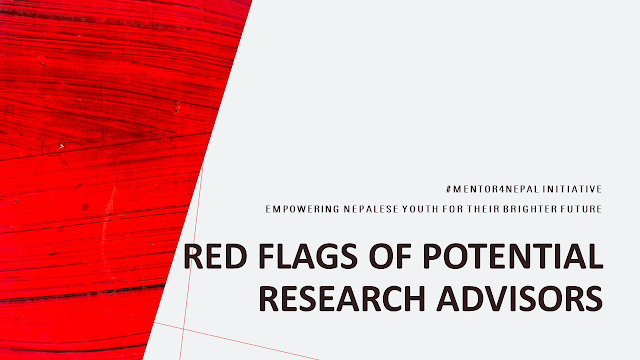Mentoring: an intro
Mentoring is a relationship between a more experienced person and a less experienced person, where the more experienced person provides guidance, support, and advice to the less experienced person. Mentoring can be formal or informal, and it can take place in a variety of settings, including academia, industry, and life.
In academia, mentoring is often used to help new faculty members develop their teaching and research skills. Mentors can provide guidance on how to write grant proposals, how to manage a research team, and how navigate the academic bureaucracy. Mentoring can also be used to help students develop their academic skills and to prepare them for careers in academia.
In the industry, mentoring is often used to help new employees develop their technical skills and to learn about the company's culture. Mentors can provide guidance on how to use the company's software, how to troubleshoot problems, and how to interact with customers. Mentoring can also be used to help employees develop their professional skills and to prepare them for promotions.
In life, mentoring can be used to help people develop their personal and professional skills. Mentors can provide guidance on how to manage their finances, how to deal with stress, and how to make career decisions. Mentoring can also be used to help people develop their spiritual and emotional well-being.
Mentoring has a number of benefits for both the mentor and the mentee. For the mentor, mentoring can provide a sense of purpose and fulfillment. It can also help the mentor to stay up-to-date on the latest trends and developments in their field. For the mentee, mentoring can provide guidance and support. It can also help the mentee to develop their skills and to achieve their goals.
Mentoring can be a powerful tool for personal and professional development. It can help people to achieve their goals, develop their skills, and make a difference in the world.
Here are some tips for effective mentoring:
- Choose a mentor who is a good fit for you. Consider your interests, your goals, and your personality when choosing a mentor.
- Be open to feedback and advice. A good mentor will be honest with you, even when it is difficult to hear.
- Be willing to put in the work. Mentoring is a two-way street. You need to be willing to put in the effort to learn and grow.
- Be patient. Mentoring takes time. Don't expect to see results overnight.
- Be grateful. Let your mentor know how much you appreciate their help.
Mentoring is a powerful tool that can help you to achieve your goals, develop your skills, and make a difference in the world. If you are looking for guidance and support, consider finding a mentor.
#mentoring #academicmentoring #industrialmentoring #lifementoring #careermentoring #personalmentoring #professionalmentoring #spiritualmentoring #emotionalmentoring #financialmentoring #stressmentoring #careerdecisions #personaldevelopment #professionaldevelopment #spiritualdevelopment #emotionaldevelopment #financialdevelopment #stressmanagement #mentoringtips #howtofindamentor #howtobeamentor #thebenefitsofmentoring #theimportanceofmentoring #mentoringinacademia #mentoringinindustry #mentoringinlife #mentoringforcareers #mentoringforpersonaldevelopment #mentoringforprofessionaldevelopment #mentoringforspiritualdevelopment #mentoringforemotionaldevelopment #mentoringforfinancialdevelopment #mentoringforstressmanagement #M4N #Mentor4Nepal
Declaimer: This article was generated with the help of Bard, a large language model
from Google AI. Bard is still under development, and it is not able to generate
text that is completely accurate or error-free. The information in this article
is for general informational purposes only and should not be considered a
substitute for professional advice.
I, Tri Dev Acharya, do not make any representations or
warranties of any kind, express or implied, about the completeness, accuracy,
reliability, suitability, or availability of the information. Any reliance you
place on this information is strictly at your own risk. I will not be liable
for any loss or damage arising from the use of this article or any links
provided.




Comments
Post a Comment